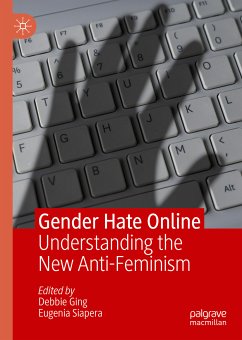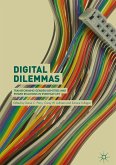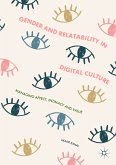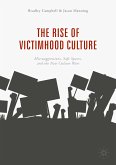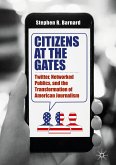This edited collection therefore addresses a substantial gap in scholarship by bringing together a body of work exclusively devoted to this topic. With perspectives from a variety of disciplines and geographic bases, the volume will be of major interest to scholars and students in the fields of gender, new media and hate speech.
Debbie Ging is Associate Professor of Media Studies in the School of Communications at Dublin City University, Ireland.
Eugenia Siapera is Associate Professor of Digital and Social Media and Deputy Director of the Institute for Future Media and Journalism in the School of Communications at Dublin City University, Ireland.
Dieser Download kann aus rechtlichen Gründen nur mit Rechnungsadresse in A, B, BG, CY, CZ, D, DK, EW, E, FIN, F, GR, HR, H, IRL, I, LT, L, LR, M, NL, PL, P, R, S, SLO, SK ausgeliefert werden.

